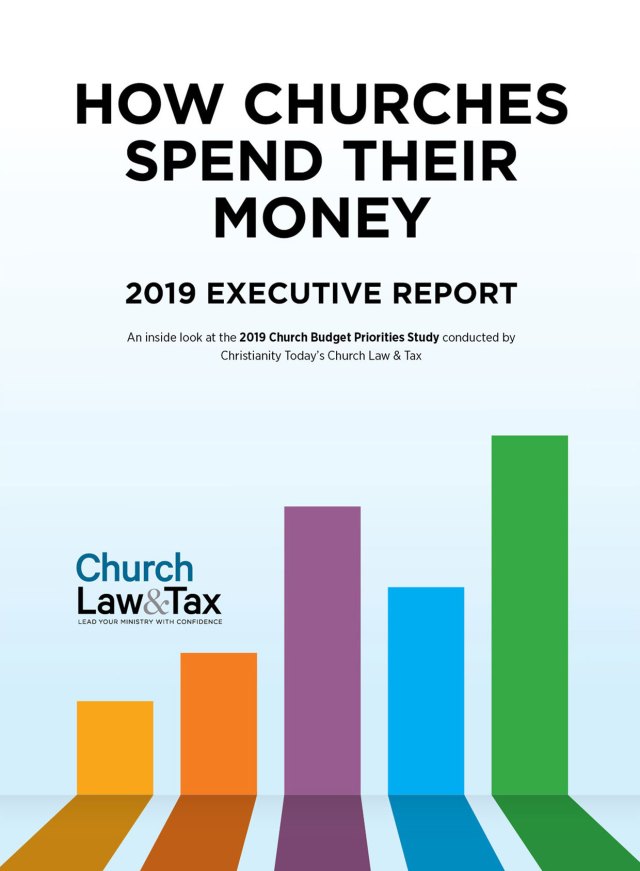Key point 8-08.7. Ministers who are employed to perform ministerial services, and who are paid a salary that meets or exceeds the "salary test," are professional employees exempt from the provisions of the Fair Labor Standards Act. Ministers not compensated on a salary basis, or who earn a salary below the salary test, may not be covered by the Act. Department of Labor regulations suggest that the Act does not apply to any ministers, and a few federal courts have ruled that the so-called ministerial exception prevents the application of the Act to ministers.
A North Carolina court ruled that it was barred by the First Amendment guaranty of religious freedom from resolving a priest's compensation dispute with his diocese.
A Catholic priest claimed that his diocese had failed to assign him to a suitable position and failed to properly compensate him for his services. He submitted his grievance to the Vatican's "Congregation for Clergy." The Congregation later instructed the diocese to "provide some priestly ministry for this priest and ensure that he is henceforth to be provided with an adequate means of livelihood."
The priest alleged that the diocese never followed this mandate, and has continued to refuse to give him either an assignment or a salary. As a result, he sued the diocese, claiming that it had violated the North Carolina Wage and Hour Act. The Act provides that employers must "pay every employee all wages and tips accruing to the employee on the regular payday," and that "employees whose employment is discontinued for any reason shall be paid all wages due on or before the next regular payday either through the regular pay channels." The priest alleged that the diocese had violated these provisions by refusing to comply with the decision and instruction of the Congregation." A trial court dismissed the lawsuit, and the priest appealed.
In affirming the trial court's dismissal of the lawsuit, the appeals court observed:
The First Amendment to the United States Constitution prohibits any law "respecting an establishment of religion, or prohibiting the free exercise thereof." The United States Supreme Court has interpreted this clause to mean that the civil courts cannot decide disputes involving religious organizations where the religious organizations would be deprived of interpreting and determining their own laws and doctrine. Thus, the dispositive question is whether resolution of the legal claim brought against a religious organization requires the court to interpret or weigh church doctrine.
The court concluded that any resolution of the priest's claims would require the court "to determine, under ecclesiastical law, the compensation to which the priest is entitled as an adequate means of livelihood and the appropriate necessities as envisioned in the Code of Canon Law." Such a determination "is beyond the jurisdiction of the North Carolina courts and we must affirm the order of the trial court to dismiss his claim."
What this means for churches
This case illustrates a principle that has been recognized by many courts: The First Amendment guaranty of religious freedom bars the civil courts from resolving compensation disputes between clergy and churches, especially when such disputes implicate religious doctrine. Tarasi v. Jugis, 692 S.E.2d 194 (N.C. App. 2010).




